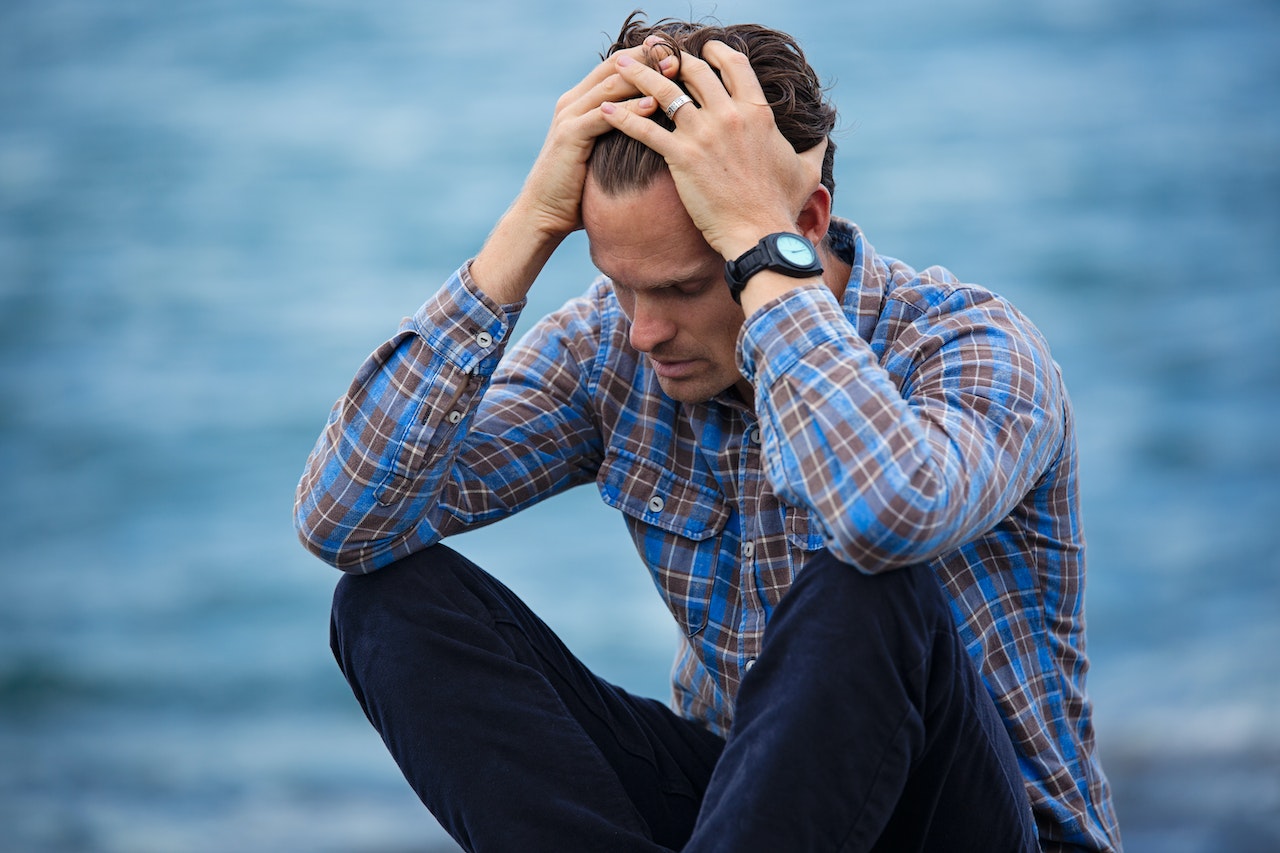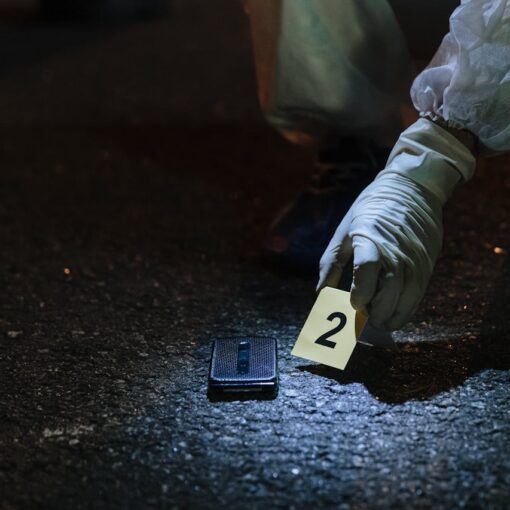Have you ever wondered how critical thinking and anxiety relate to each other, and whether critical thinking can reduce problems with stress? Can you reduce your stress levels simply by approaching situations from a logical standpoint?
It is thought that critical thinking can make a distinct difference in a person’s anxiety levels, helping them to feel less stressed about situations and calming them down. This means that critical thinking can be used as a tool for stress management in a wide variety of scenarios.
In this article, we’re going to explore the relationship between critical thinking and anxiety, looking at how critical thinking reduces stress, and how stress can hamper critical thinking. This will enhance your understanding of how the two correlate, and why it’s important not to let stress prevent you from examining situations critically.
What Does Critical Thinking Mean?
Critical thinking simply means the objective analysis of a situation or an issue so that you can form a judgment of it. It’s usually an unemotional approach, so it’s not about what you fear will happen; it’s about what the possible outcomes are. It depends upon rationality, progressing from one idea to the next in a way that is logical.
When you think critically about a scenario, you weigh up the existing facts and the possible outcomes. Critical thinking is used in a wide range of situations and a lot of people depend upon it in day-to-day life.
How Can You Use Critical Thinking To Reduce Anxiety?
It is thought by many people that critical thinking has the ability to reduce anxiety, and this is being used in many places, including schools, to lower stress levels and help people function in an environment that they might otherwise find very stressful.
Critical thinking is thought to reduce anxiety in several ways. Firstly, it does so because it helps the individual to objectively evaluate the information in front of them, taking the emotions out of it. They can therefore weigh up the things that are making them anxious, and consider how high the chance of the negative thing happening is.
This allows them to better evaluate situations and view them through a more objective lens. For example, if you are a student suffering from anxiety about your exams, thinking critically will let you assess how likely you are to do well in them, based on your current understanding of the subject and your past experiences.
For many students, this results in reduced anxiety, because they can more accurately assess the situation, and recognize that they are not likely to do badly in the exam. This can work for a wide range of stress sources, not just grades – fears about fires, shootings, floods, illnesses, and more can be alleviated through critical thinking.
Furthermore, critical thinking gives the individual an opportunity to come up with a way to practically approach the issue. Instead of being lost in a vague sense of fear about the future, the individual practicing critical thinking can assess the likely problems and put plans in place to prevent them from occurring.
This increases the chances of them having a positive outcome from the situation, which reduces anxiety and makes them more likely to approach situations rationally in the future.
How Does Critical Thinking Help You Plan?
When you think critically about a situation that makes you anxious, you assess the situation and consider what you fear may go wrong in that situation. You then assess how likely those fears are to occur. When you come across a fear that does have a high likelihood of occurring, you can plan ways to overcome this problem.
This gives the individual a lot more power over the situation, and reduces their fear of it. They know what they will do if X, Y, or Z occurs, and they feel less helpless – which lowers anxiety.
Critical thinking is a key part of planning, because you must think critically about a situation before you can decide how to deal with it. If you don’t think about a situation from a rational perspective before you start planning, you cannot make sound plans that are based on the reality of the situation.
Does Anxiety Prevent You From Thinking Critically?
When you’re thinking about critical thinking and anxiety, it’s important to recognize that anxiety can impair your ability to think critically, just as thinking critically can reduce your anxiety.
This is because anxiety stops the rational part of your brain from working well. It is thought that fear causes the part of the brain that regulates your emotions (the amygdala) to work harder, and this heightens all of your emotions, making them difficult to deal with. When you are emotional, it’s harder to react rationally and logically to the world.
If the amygdala goes into overdrive, the prefrontal cortex struggles to engage in critical thinking properly, which can lead to a general sense of helplessness. Your brainpower essentially goes to the wrong place, focusing on panicking about the problem instead of coming up with solutions to the problem.
It has been proven many times that people who are calm and collected are better at assessing the situation and coming up with positive responses to it than those who are stressed and anxious. Anxiety directly correlates with your ability to behave well in any given scenario because it prevents you from making rational, beneficial decisions.
This is one of the reasons why it’s so important for individuals to be taught and to practice critical thinking. If you can’t think critically, there’s a major risk that you will be overwhelmed by anxiety and stress in emotional moments, which can lead to bad decision-making.
This has a knock-on effect because you have a negative experience, which increases the chances that you will panic the next time you are in this situation.
Conclusion
Critical thinking and anxiety are closely linked; when your critical thinking skills are strong, your anxiety is likely to be lower – and vice versa. It’s important to recognize this link, because critical thinking can be a powerful way of combating anxiety for individuals everywhere.
References
https://www.frontiersin.org/articles/10.3389/fpsyg.2021.704229/full
https://www.linkedin.com/pulse/fear-anxiety-critical-thinking-perspective-mike-kallet/?trk=read_related_article-card_title
https://www.linkedin.com/pulse/fear-anxiety-critical-thinking-perspective-mike-kallet/?trk=read_related_article-card_title
https://journals.lww.com/md-journal/fulltext/2020/08280/effect_of_a_critical_thinking_intervention_on.28.aspx
https://www.skillsyouneed.com/learn/critical-thinking.html





